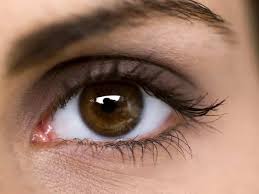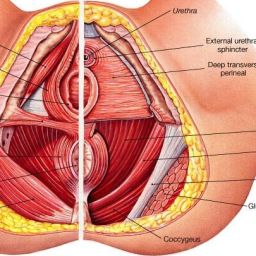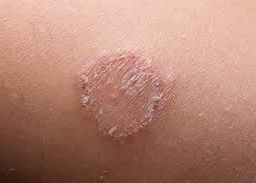
Eye Exams Importance in Detecting Vision Problems Early
Eye exams are pivotal in maintaining optimal vision health throughout our lives. Regular checkups not only ensure clear eyesight but also detect potential issues early. Dive into the importance of these exams and the comprehensive care they provide for your eyes.

Discover the key to preserving the health of your eyes with these valuable tips. Learn how to prioritize eye health and maintain clear vision for a lifetime.
1. Comprehensive Eye Exams:
Don’t overlook the importance of regular eye exams, even with perfect vision. Detect and address potential issues early, such as glaucoma and macular degeneration. Schedule an eye checkup every 1-2 years for adults and include them in children’s routine pediatric care.
2. Protect from Harmful UV Rays:
Shield your eyes from the sun’s harmful ultraviolet (UV) rays. Wear sunglasses that provide 100% UVA and UVB ray protection whenever you’re outdoors. This helps ward off cataracts and macular degeneration.
3. Nurture with a Healthy Diet:

Nourish your eyes with the right nutrients through a healthy diet. Include these eye-boosting elements:
– Vitamin A: Carrots, sweet potatoes, and leafy greens are rich sources that support night vision.
– Omega-3 Fatty Acids: Reduce the risk of dry eyes with fish like salmon and flaxseeds.
– Lutein and Zeaxanthin: Safeguard against age-related macular degeneration by consuming kale, spinach, and eggs.
4. Stay Hydrated:
Maintain proper eye moisture balance by staying hydrated. Drink ample amounts of water to keep dry and irritated eyes at bay.

5. Limit Screen Time:
Avoid digital eye strain caused by prolonged screen exposure. Remember the 20-20-20 rule: every 20 minutes, take a 20-second break, and shift your focus to something 20 feet away.
6. Blink Regularly:
Combat dryness and improve eye moisture by consciously blinking, especially while using digital devices.
7. Optimize Lighting:
Create an eye-friendly environment by ensuring appropriate lighting when reading or working. Position your screen or light source to minimize glare.
8. Quit Smoking:
Protect your eyes by quitting smoking, which can heighten the risk of cataracts and age-related macular degeneration. Take a positive step towards your eye health by saying no to smoking.

9. Maintain a Healthy Weight:
Manage your weight to safeguard against diabetes and other systemic conditions that can harm your eyes. A balanced diet and regular exercise help maintain a healthy weight.
10. Safeguard Your Eyes at Work:
If your work involves hazardous materials or activities, prioritize eye safety by wearing safety goggles or protective eyewear. Prevent serious eye injuries caused by chemicals, particles, or sharp objects.
11. Follow Contact Lens Care:
If you wear contact lenses, prevent infections and discomfort by following proper hygiene and care instructions. Replace lenses as recommended by your eye care professional.
12. Get Sufficient Sleep:
Allow your eyes to rest and repair with quality sleep. Aim for 7-9 hours of sleep per night to minimize eye fatigue.

Treasure your eyes and ensure their well-being with these essential tips for healthy eyes. Remember, regular eye exams and consultations with eye care professionals are vital for maintaining optimal eye health. Protect your vision and savor a lifetime of clear sight.
Disclaimer: The information provided in this content is for general informational purposes only. It is not intended as medical or healthcare advice, diagnosis, or treatment. Always seek the advice of a qualified healthcare professional with any questions you may have regarding a medical condition or healthcare decisions.
















